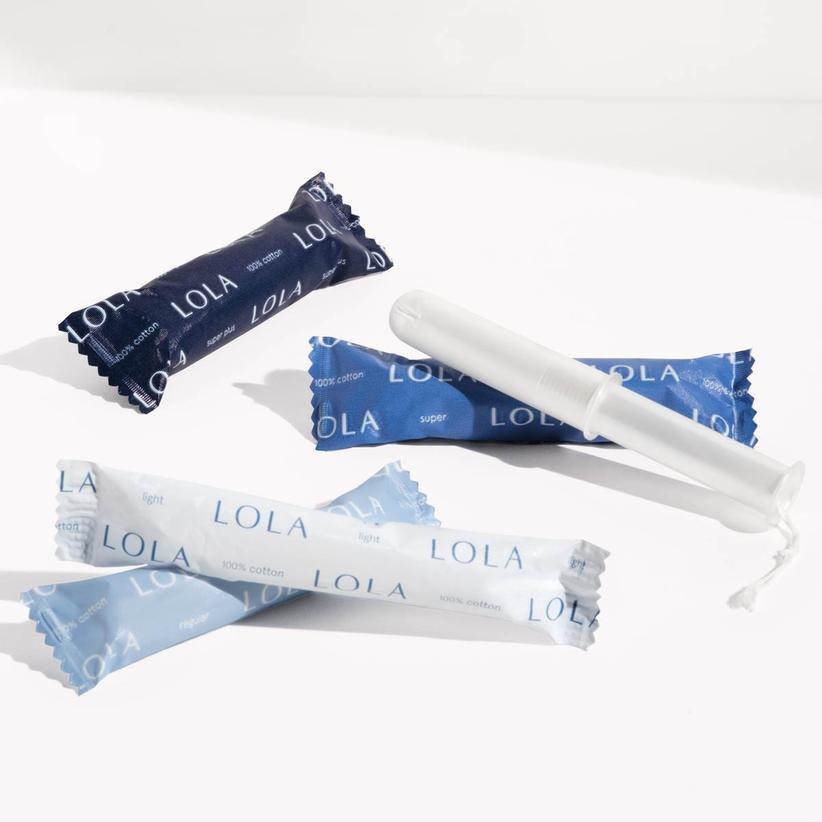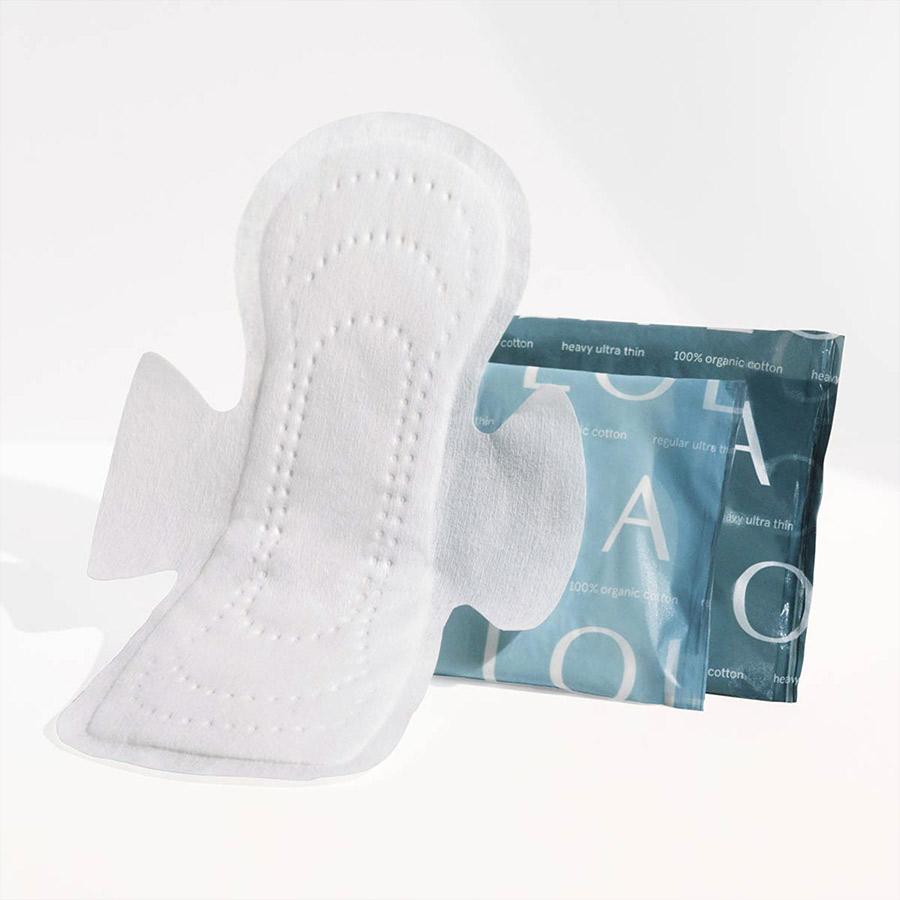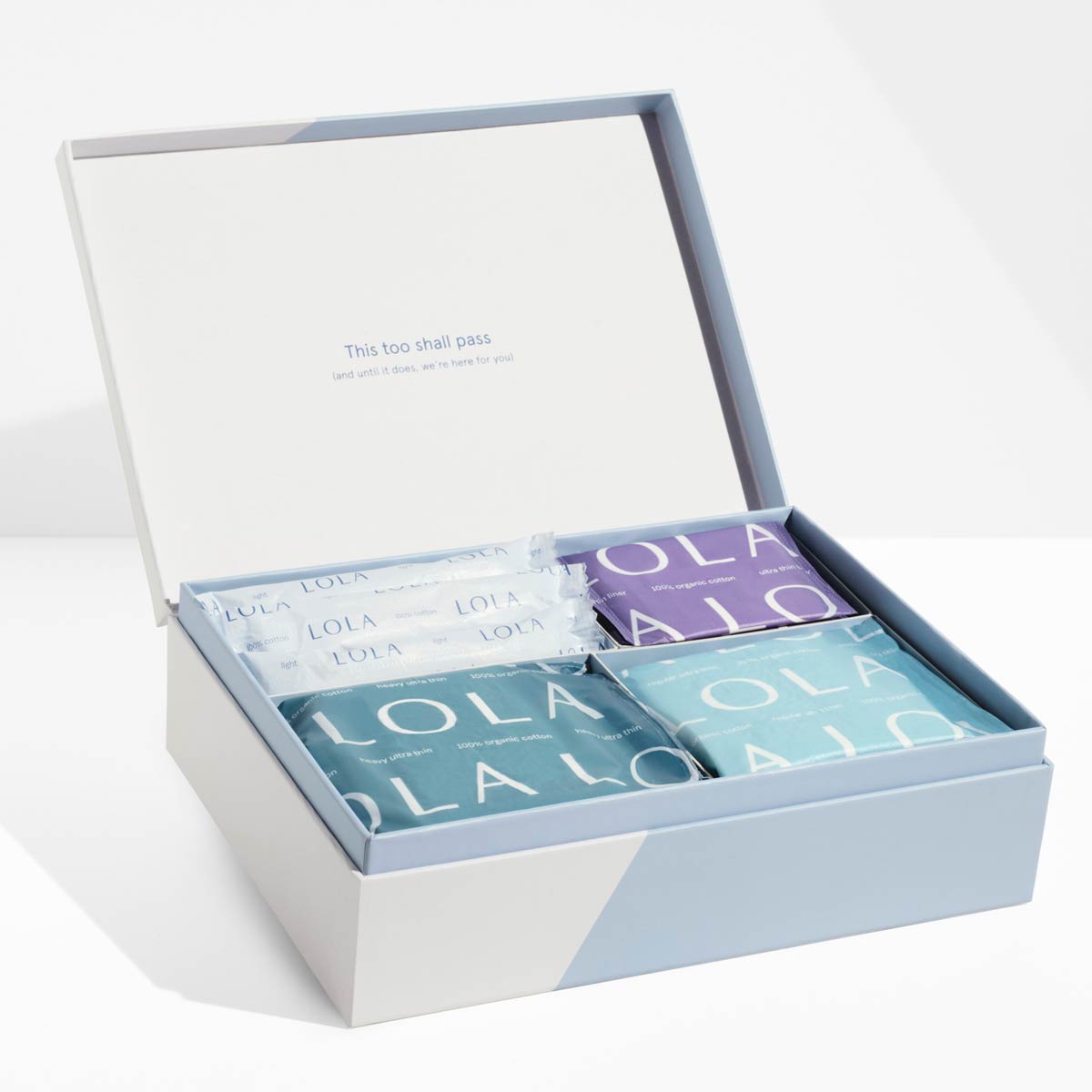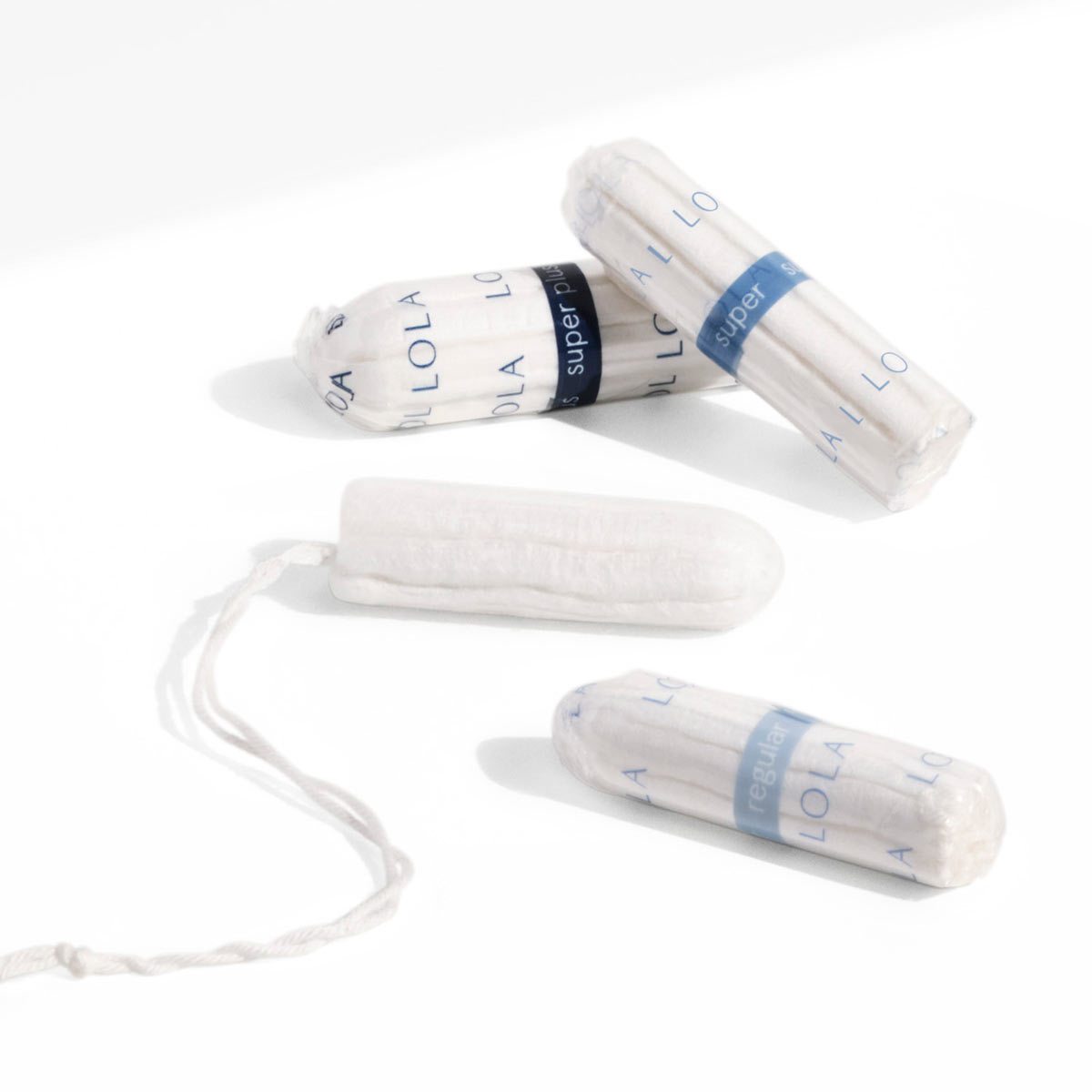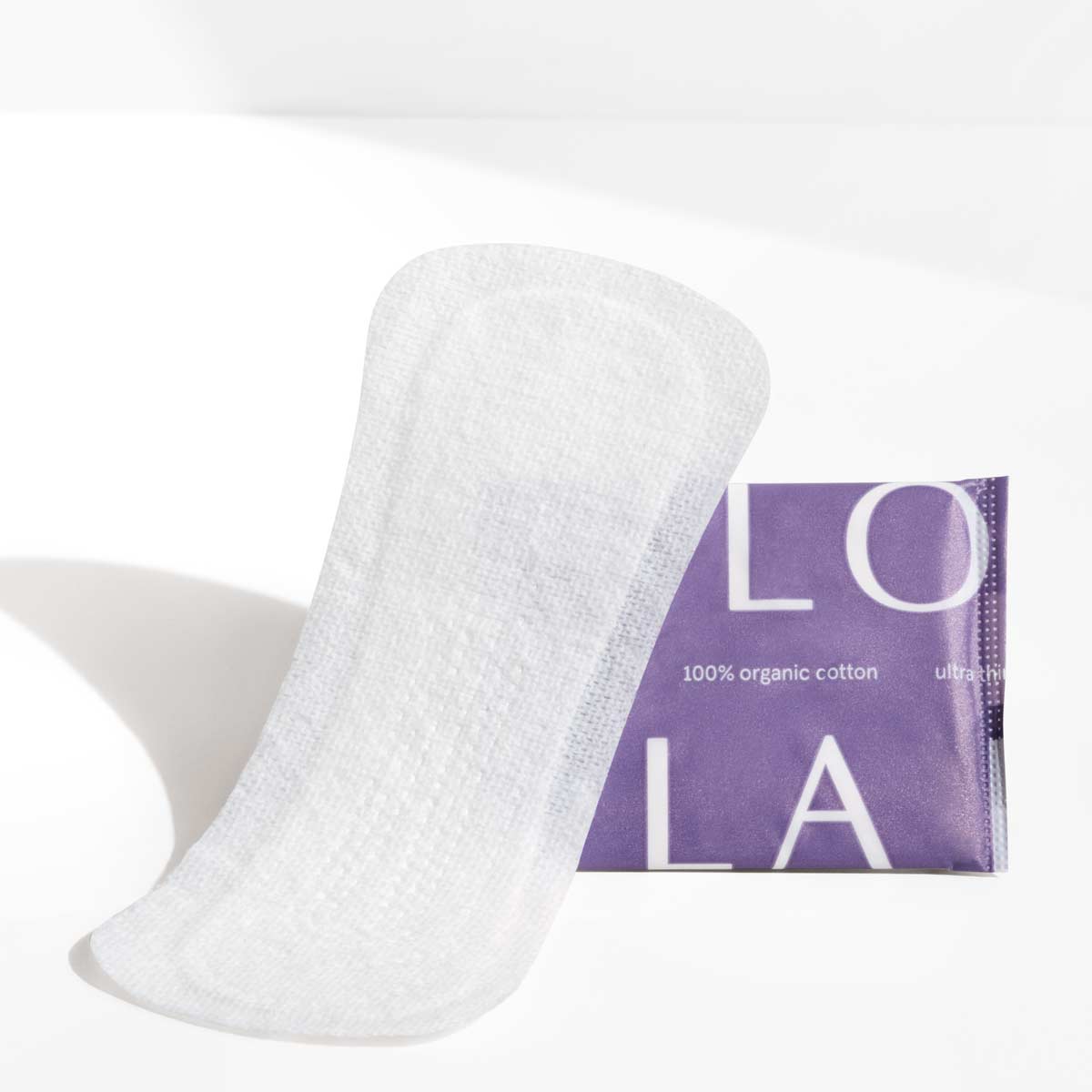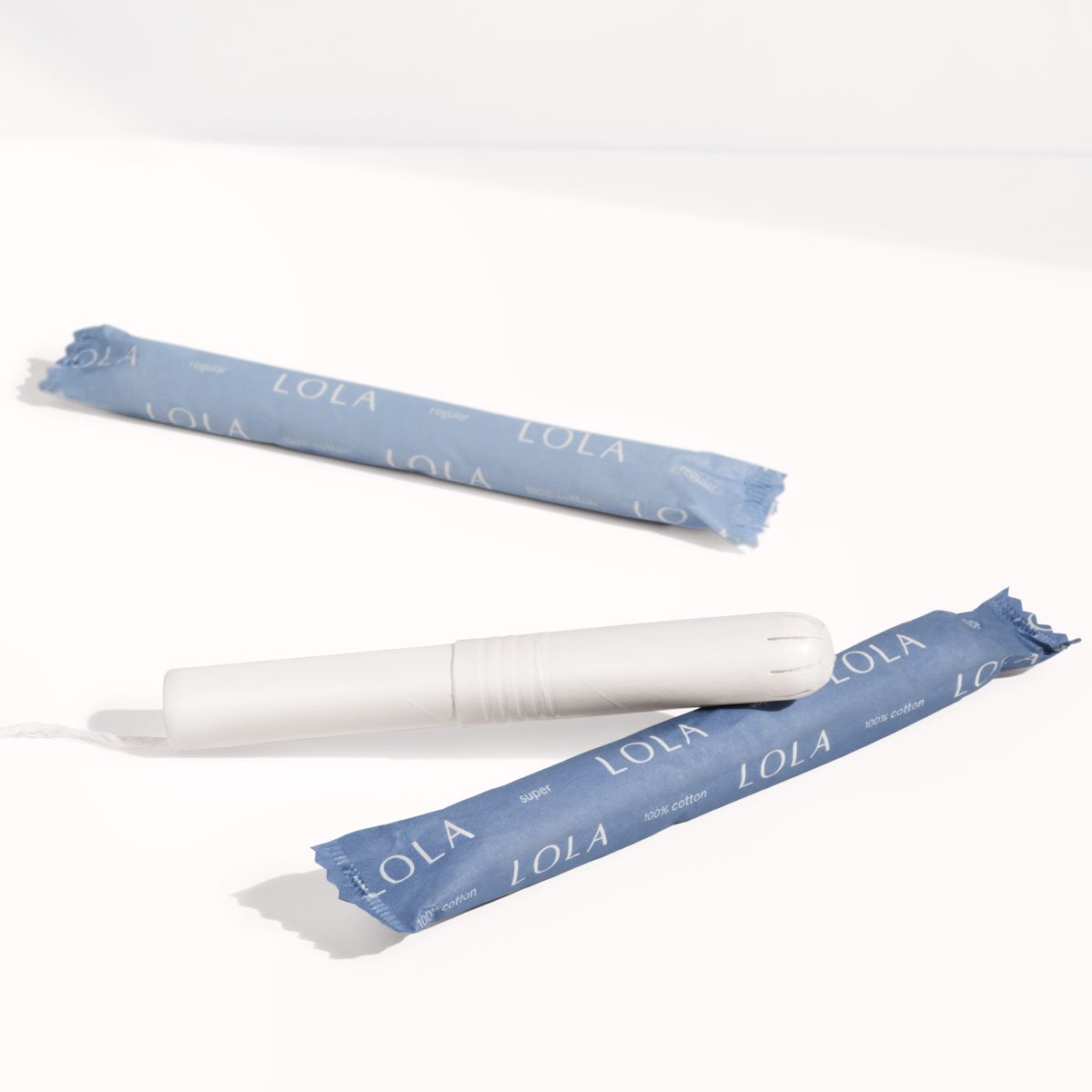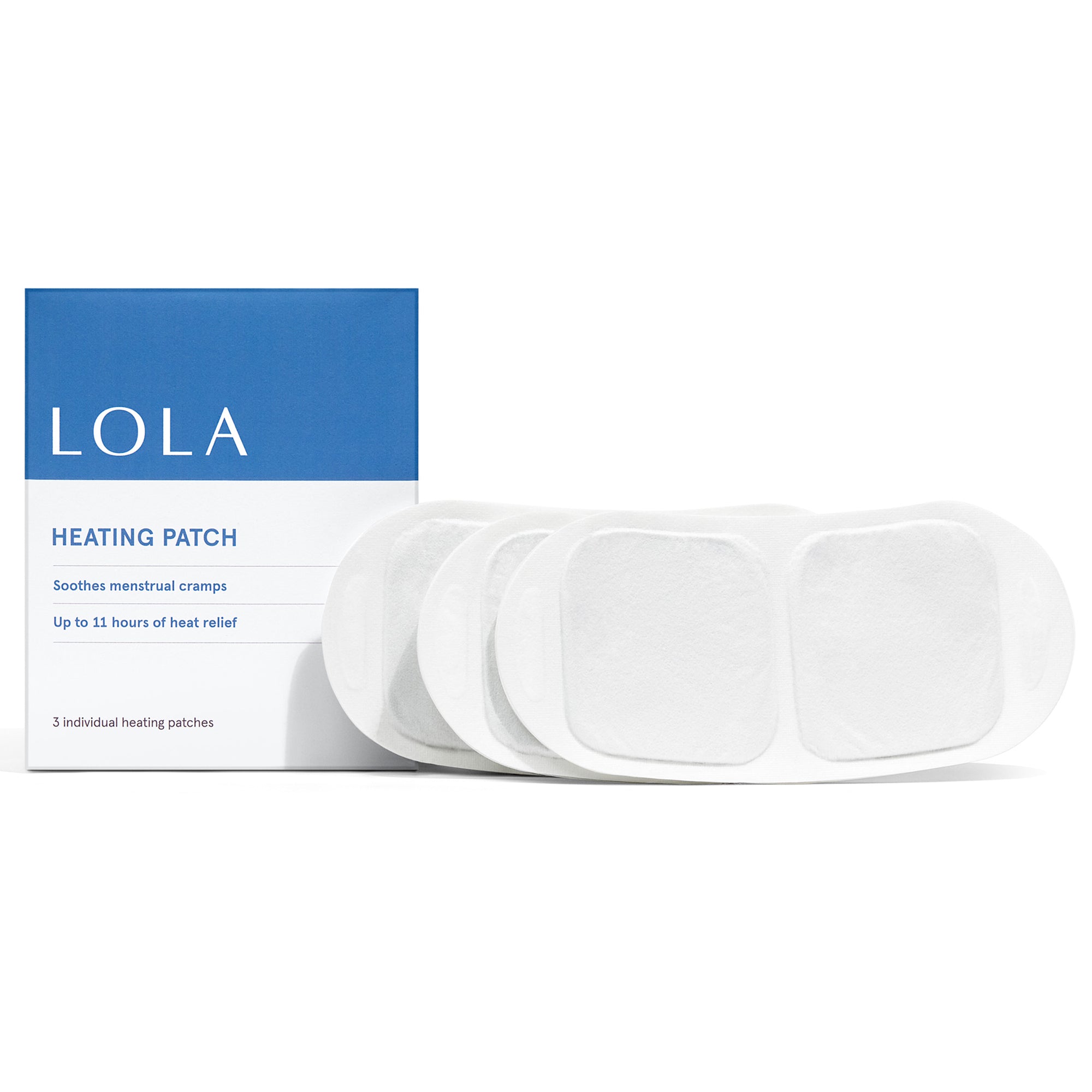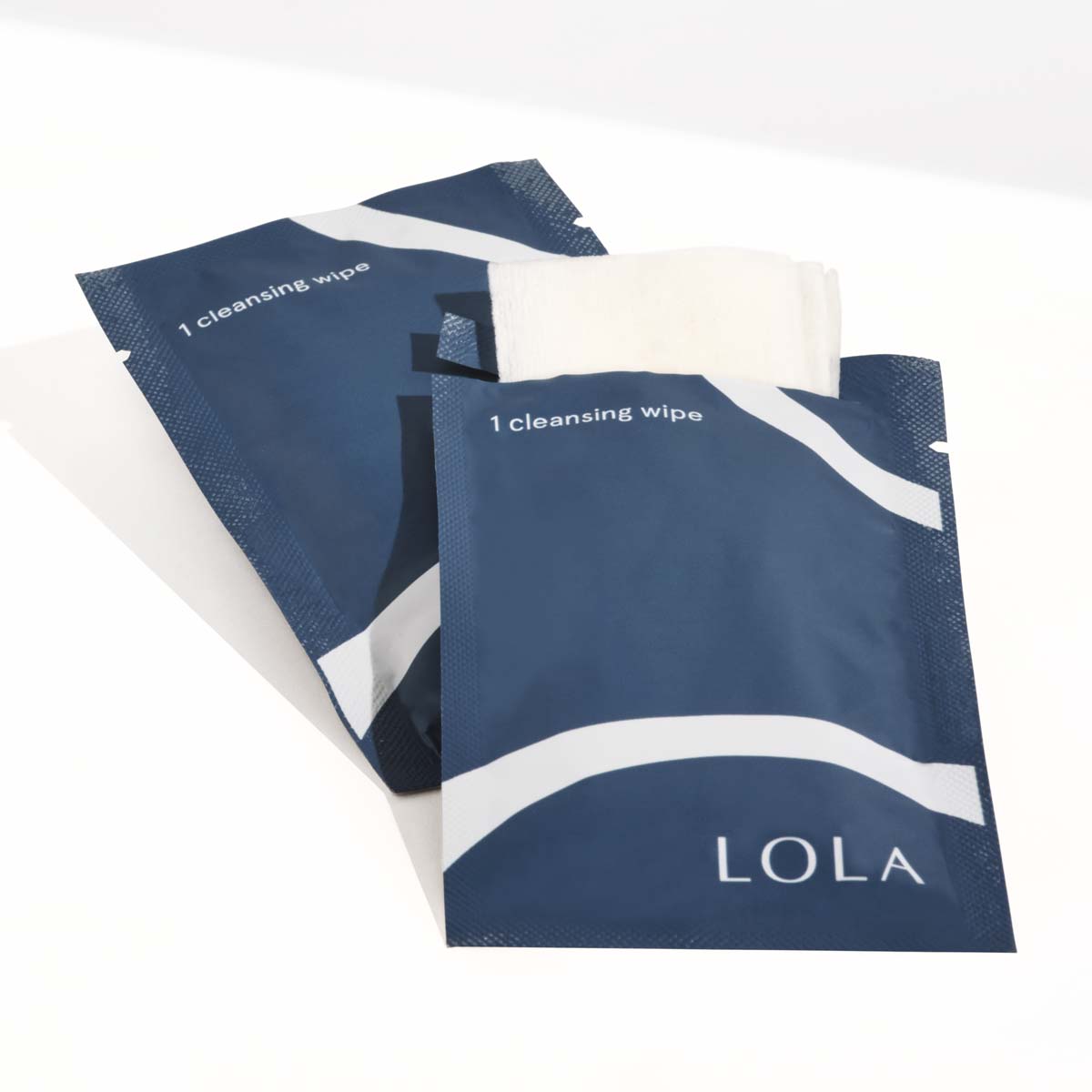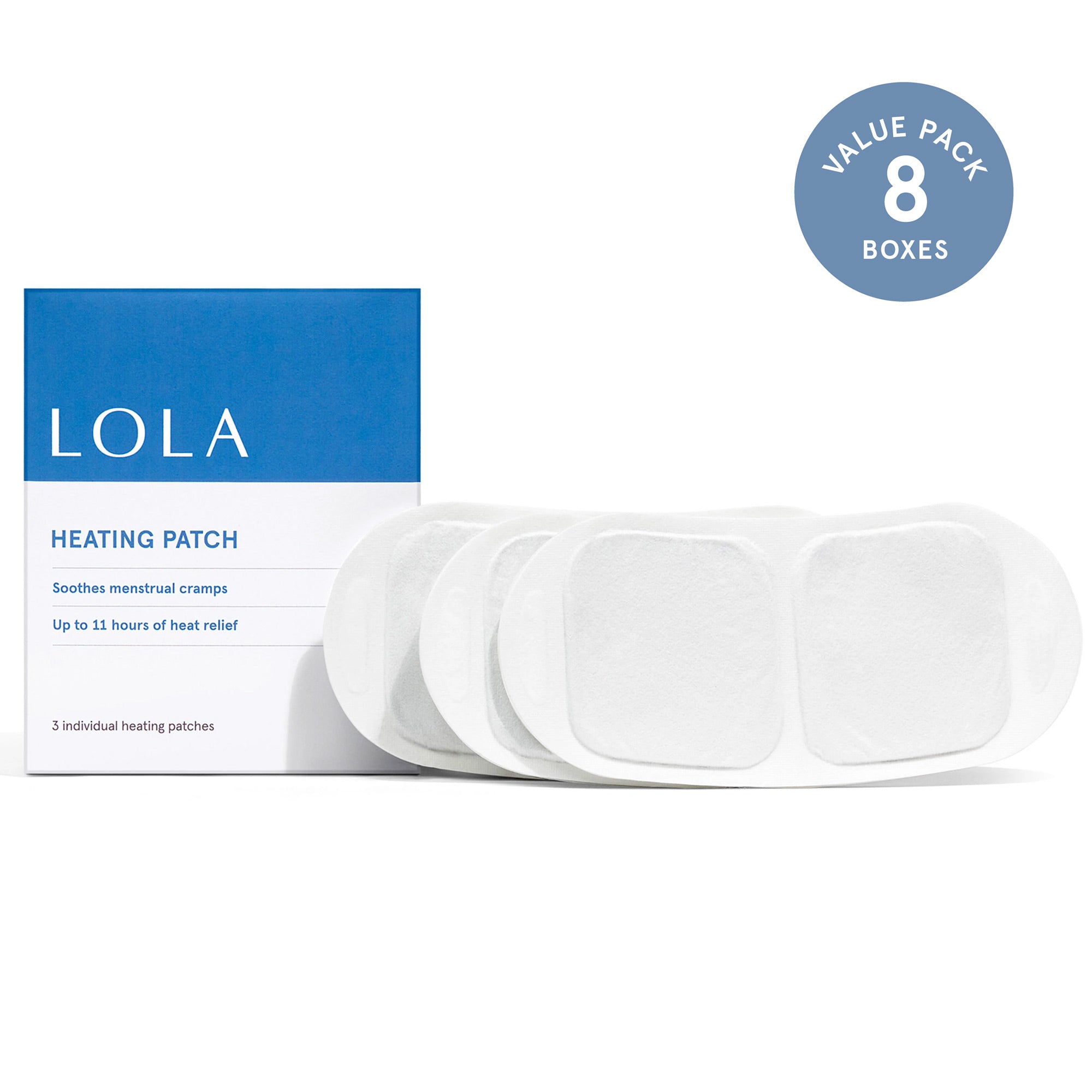Lately, it seems like we can't scroll through Instagram without spotting our healthiest friend or a savvy celeb singing the praises of kombucha. As total kombucha newbies, we had so many questions (like, for starters, what is it?). So, we asked Daina Trout, co-founder of the kombucha brand Health-Ade, a certified holistic nutritionist, and passionate supporter of all things fermented, to give us the inside track. Daina filled us in on what kombucha is, its many health benefits, and what to keep in mind when you're trying it for the first time. Turns out, with Daina's help, we're total kombucha converts!
Let's start with the basics: what is kombucha?
Kombucha is fermented tea that is naturally rich in probiotics, B12, and healthy acids. Kombucha has 4 ingredients: tea, sugar, water and SCOBY (symbiotic culture of bacteria and yeast). The tea is a combination of black or green tea, and the sugar is more for the probiotics than for you"¦ most of it disappears during fermentation. You let these 4 ingredients ferment, and the remaining liquid that you're left with is kombucha.
So what exactly happens during the fermentation process?
In fermentation you have to let things sit. When you let things sit, a chemical and natural biological process happens that transforms your initial state to an ending state, and that ending state is meant to have some functional benefits. So you start with sugar, tea, water, and SCOBY, and you end with kombucha. So it's not just about what IS kombucha and what ARE the ingredients " it has a lot to do with the process itself.
Fermentation is sort of like beer-making in that a really important part is the process of how you do it, what vessels you use, how long you ferment it for, and what temperature you ferment it at. Variety in these factors is what makes different kombuchas taste different. It's actually a pretty complex process and it's beautiful because it's kind of like an art form. I could tell you exactly the levels of sugar we put in and the levels of tea we put in but you still might not be able to make a kombucha that tastes like Health-Ade, because so much of it has to do with every little thing we do.
First of all, kombucha is not a medicine, it's a food.
So, what are the health benefits of kombucha?
First of all, kombucha is not a medicine, it's a food. I think there's been a lot of misrepresentation that it's a miracle or cure-all agent. It's a food, just like a bag of carrots. A bag of carrots might have some functional benefits. Similarly, kombucha is a food with some functional benefits, and it makes you feel good when you drink it. That happens for a few reasons:
1. Probiotics: Kombucha is chock full of probiotics, and we know that probiotics provide benefits in all aspects of health, not just digestion. We eat so much food that's processed that we deplete our gut of the flora it needs. Probiotics bring back the balance.
2. Healthy acids: Initial studies are starting to show that healthy acids can benefit certain disease states or bodily functions. For example, one of the healthy acids that's prevalent in kombucha is starting to show that it helps detox your liver.
3. B12: A lot of people report feeling better after B12, and kombucha is very rich in B12. If you're drinking real kombucha you can get your daily allowance in one bottle.
Okay, I want to try it. Anything I should keep in mind?
It's a food, so just like any other food you want to make sure it sits well with you. I always tell people if they're new to kombucha, try a ¼ or ½ of a bottle and see how it sits. Most people love it.
How did you discover kombucha?
I learned how to make kombucha back in graduate school in 2007. I was in school for nutrition and fell in love with fermented foods. I saw a lot of clients and friends who had stomach issues and I saw all of the medication they were on, but what made the difference was fermented foods.

What made you decide to start Health-Ade?
My love for fermented foods goes way back, but my love for business is why I started Health-Ade. I heard this voice within me that was telling me I had something big to say, that there was a challenge up ahead. At the time, I was working for a really big corporation, but I wasn't feeling very fulfilled. My best friend and boyfriend was feeling the same way. We started an entrepreneur club, and we came up with all kinds of ideas and invited all of our friends but nobody showed up. And we would sip on my kombucha as a snack. We would talk about what this big idea could be.
We also had no money. We had like $600 to put toward this, so we were looking for a very big and cheap idea that we were going to quit our very steady, safe jobs and go pursue. And eventually we got to a place where I had all of this kombucha and we were very naive at the time and thought that it would only cost a farmer's market permit to start selling it. It's since proved to be a very expensive business to start because manufacturing and brewing is pretty expensive. But at the time the farmer's market permit was $150, so we went ahead and started selling our kombucha just a few weeks after deciding that that was a good way to go, and just never looked back.
It grew so fast organically: at the first farmer's market we went to, we sold out in an hour. The second time, there was a line around the corner. So we saw that people really wanted a homemade kombucha. People were interested that we were making it the real way, and we were giving our customers real food.
Now, even though we're mass producing, we still make it the same way we did when we first started in our in our closet in Brentwood because the process is so important.
Has kombucha become more popular since you started Health-Ade?
Kombucha's really interesting. When I came into the marketplace in 2012, there were already a couple of brands on the shelf, and it was a very popular beverage that was growing relatively fast, but nowhere close to the rate it's growing today. Right now, it's the fastest growing category in the entire beverage industry. I will just say that the customer of today is different than the customer 10 years ago: the customer today is on the go more than ever before, they're busier than ever, and need something that's going to fall into their lifestyle. But, they care more than ever before about how natural something is.
I mean 10 years ago the most popular beverage was Diet Coke, and so people cared about calories and sugar back then but now they want low-calorie and low-sugar, but they want it naturally. So, juices and coconut water are a lot more popular. But what's cool about kombucha is that it hits everything a consumer is looking for. So it's naturally low in sugar, it's naturally low in calories, and naturally low in caffeine and it makes you feel good. Yet, it's totally natural. And of course, taste. I think with recent brewing methods we've figured out how to make it taste really good, and I think up until this point a lot of people didn't like the taste of kombucha.
What's next for the company? Planning any next moves?
We're growing like crazy, trying to get a focus on what it will take to be successful out there. All we're doing is going by our guts, and that's very much why our tagline is "œfollow your gut." Even at the induction when we started this, we had to rely on that in order to build this business, and it's very much guided us well.
And so it's just about making more right decisions than wrong ones and tapping into what we think our customer wants and not looking too much in the rearview mirror. When I look backwards too much about what the customer of yesterday wants, which is a lot of times what people do, that leads me in the wrong direction. And so instead I have to really tap into what my customer is doing today and what they want tomorrow. And the more and more I tap into that, the more and more I realize that they care about real foods.
